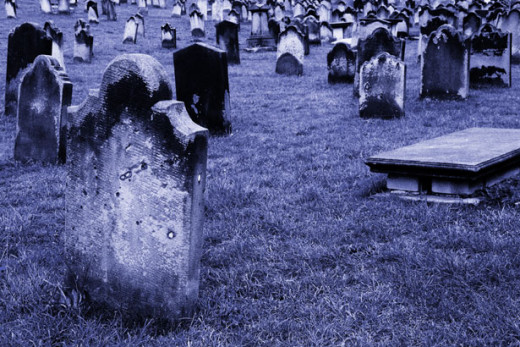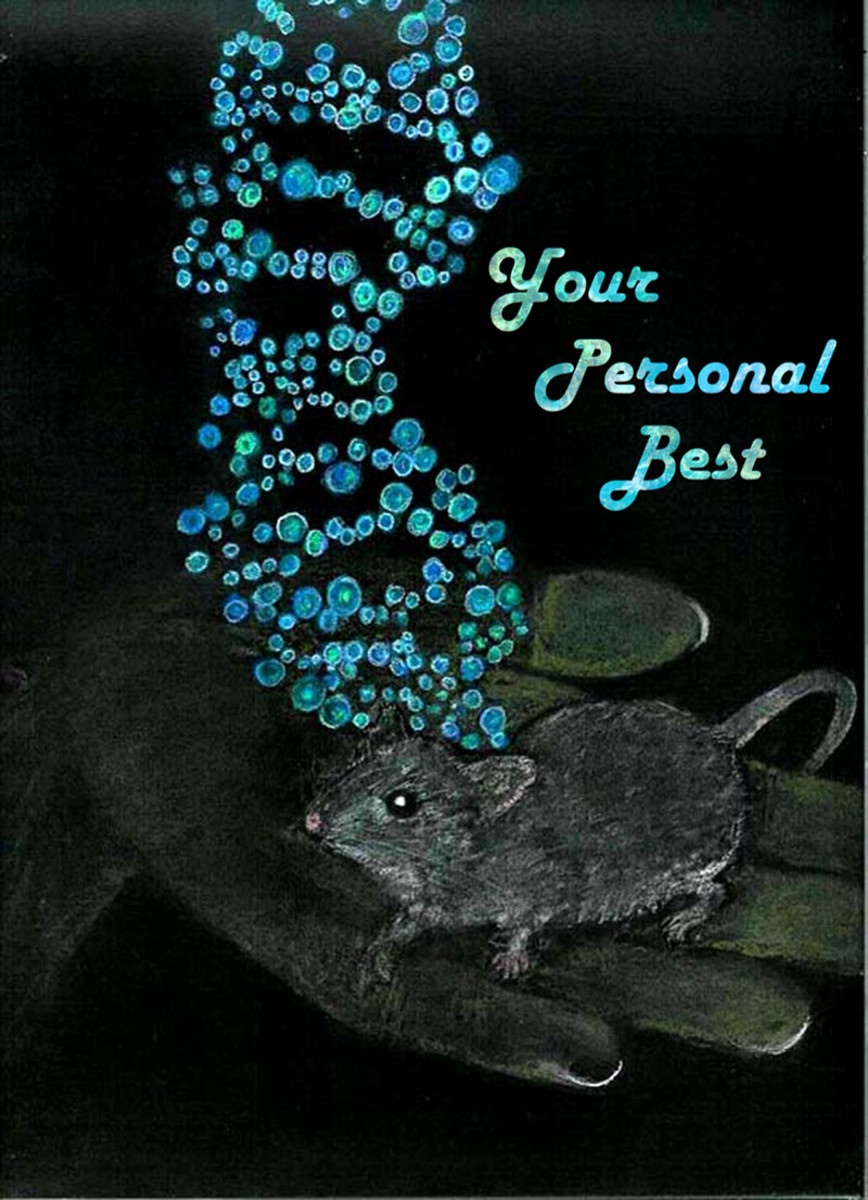- HubPages»
- Books, Literature, and Writing»
- Commercial & Creative Writing»
- Creative Writing
The Dawn of Post Humans (A Short Story) Part III Final

PART I - PART II
“This is not what I meant.” I said
“Be more specific.”
“I spoke of spiritual union, something they would hold dear together, something that would make their lives better.”
“Like what?”
"Faith," my heart said. "Only faith can do that, only a religion can unite regardless of color, ethnicity, or gender." I paused a while then.
“Give them a religion.” Religions last better than ideologies, I thought.
“Which one? There are so many.” He said.
From the panoply of religions humans have been converting in, not one really succeeded in unifying them. No religious book was able to give all answers.
To unify humans I need a flawless book, spiritually imbued yet, scientifically accurate.
But again such holy book can never exist—a book reconciling science and theology, what a joke! Can Kaabuus write one?
But no flawless book exists with an imperfect language. Human language is rife with metaphors, double meanings, and endless implications. Language is imperfect and holy words are carried through its channel. It stands to reason that a book with no misinterpretations must be written in numerals rather than letters.
Stripping bare language from figures of speech is no good at all. Humans will be talking like machines, their creativity restrained to the maximum, and their existence no longer purposeful.
“Make them knowledgeable.” I said
“What type of knowledge?”
The knowledge they are striving for. Make them pass down their experience, what they read, what they see, and what they learn. Make knowledge a biological heritage, inherited from one generation to another.”
Kaabuus fell silent. It isn’t beyond his means to alter human DNA, to recompose their cells, tissues, and system. He doesn’t argue this time. It is only a matter of a simple biological process with interesting prospects.
“Done.” He said.
And then homo-Eruditus was born. The only representative to succeed to the human species, no Habilis,Neanderthal, or sapiens anymore. Outwardly, he is like the extinct branches of ancient humans, aside from one detail—His head is evolving as much as his mind.
Kaabus puts a whole population of Homo-Eruditus within a new habitat. In less than a century, the new species has already made significant breakthroughs in science, has controlled natural elements, battled all diseases, then waged wars on its own existence. Homo-Eruditus began committing mass-suicide, proving to be a failure, leaving only ruins of civilization in the wake.
“What went wrong?” He asked me.
“Humans can’t be improved.” I said.
“What’s the purpose of Kaabuus the mighty digester.”
“To create another race, perhaps.” I said tentatively.
“What's the purpose of creating it if it can’t be improved.”
Fort the first time I feel pity for him. He feels a strange loneliness, as a purposeless life extends before him. His existence is as vacuous as the one he creates.
I have no more words to say. No more suggestion to make. I have run of options and all I can venture to say is:
"Leave them where they are. Leave them dead and buried. Perhaps we keep failing because the dead want to be left in peace."







